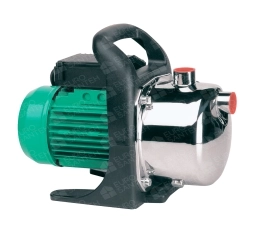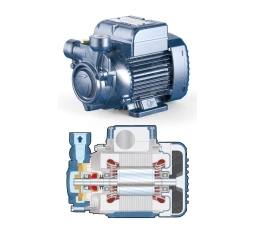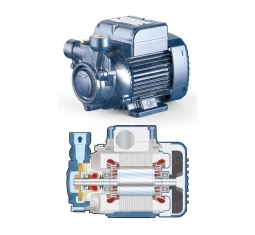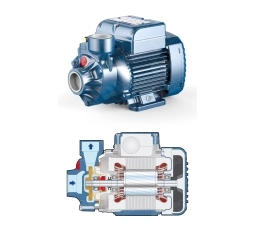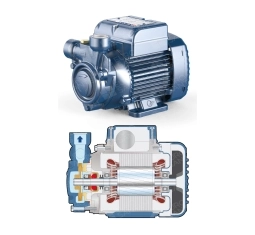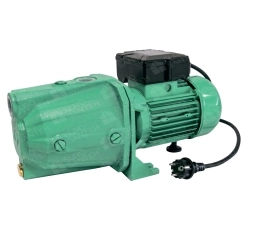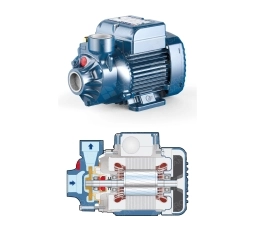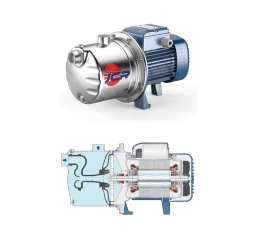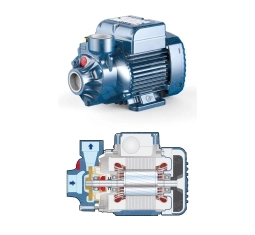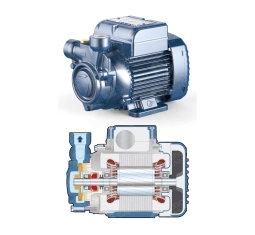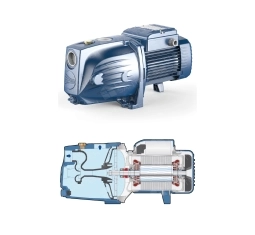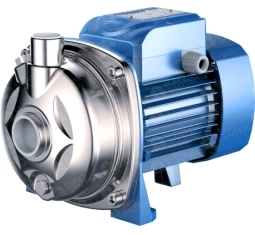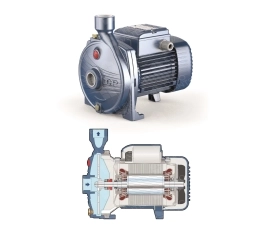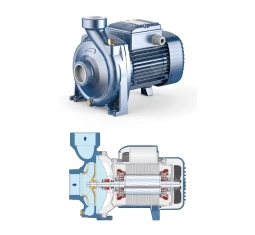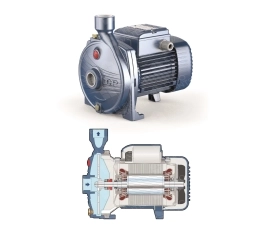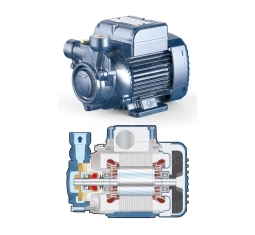Centrifugal pumps for irrigation
Centrifugal pumps for irrigation play a pivotal role in modern agriculture, horticulture, and landscaping practices. These pumps are essential for efficient water distribution across fields, orchards, and gardens, ensuring that crops and plants receive the necessary hydration for optimal growth and yield. Developed with advanced engineering and utilizing high-quality materials, centrifugal pumps have become the cornerstone of irrigation systems worldwide, offering reliability, performance, and versatility.
One of the primary advantages of centrifugal pumps for irrigation is their ability to move large volumes of water quickly and effectively. Through the ingenious design of impellers and casings, these pumps generate centrifugal force to propel water with significant force, covering vast areas efficiently. This feature is particularly beneficial in regions with arid climates or where large agricultural plots require consistent and ample watering.
Reliability is another key aspect of centrifugal pumps for irrigation. Their simple construction, with few moving parts, minimizes the risk of mechanical failure and ensures long-term durability. Additionally, many models come equipped with automatic shutdown mechanisms to prevent overheating or damage from dry running, further enhancing their reliability and safety during operation.
Energy efficiency is a critical consideration in modern irrigation systems, and centrifugal pumps excel in this regard. With high-performance motors and innovative design features, these pumps maximize water transfer while minimizing energy consumption, reducing operational costs and environmental impact. Farmers and growers can optimize their resource usage and achieve sustainable irrigation practices by investing in energy-efficient centrifugal pumps.
Installation and maintenance are straightforward with centrifugal pumps, making them accessible to a wide range of users. Their compact design and modular components facilitate easy setup, whether for permanent installations or mobile irrigation units. Routine maintenance tasks such as cleaning filters and inspecting pump components can be performed quickly and efficiently, ensuring uninterrupted operation and extending the lifespan of the equipment.
Choosing the right centrifugal pump for irrigation depends on various factors, including water source, terrain, crop type, and desired flow rate. Manufacturers offer a diverse range of pump models with different capacities, head pressures, and configurations to suit specific application requirements. Consulting with irrigation specialists or agricultural engineers can help farmers and landscapers select the most suitable pump for their needs and optimize system performance.
In addition to pumps, auxiliary equipment such as valves, piping, and control systems play crucial roles in irrigation setups. Properly designed and integrated, these components ensure uniform water distribution, minimize waste, and enhance overall system efficiency. Investing in quality accessories and implementing sound irrigation design practices can maximize the effectiveness of centrifugal pumps and contribute to sustainable water management practices.
Regular maintenance and periodic inspections are essential to keep centrifugal pumps operating at peak efficiency. Monitoring pump performance, checking for leaks or worn components, and lubricating moving parts are routine tasks that help prevent costly downtime and extend equipment lifespan. By following manufacturer guidelines and scheduling preventive maintenance, users can minimize risks and optimize the reliability of their irrigation systems.
In conclusion, centrifugal pumps for irrigation are indispensable tools for modern agriculture and landscaping, providing efficient water distribution and enabling sustainable resource management. Their high capacity, reliability, energy efficiency, and ease of maintenance make them the preferred choice for farmers, growers, and land managers worldwide. By harnessing the power of centrifugal pumps, users can enhance crop yields, conserve water, and promote environmental stewardship for future generations.
